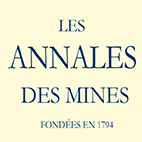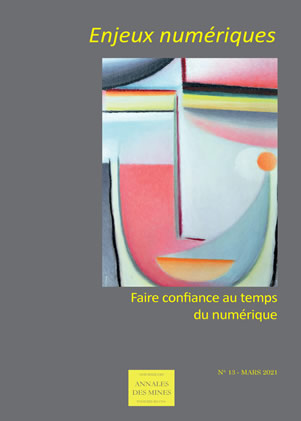|
 N° 13 - Mars 2021 - Faire confiance au temps du numérique N° 13 - Mars 2021 - Faire confiance au temps du numérique
Perspective historique sur la liberté d’expression
Maryse ARTIGUELONG et Henri LECLERC
De la Déclaration des droits de l’homme et du citoyen, qui dans son article proclame que « tout Citoyen peut donc parler, écrire, imprimer librement, sauf à répondre de l'abus de cette liberté dans les cas déterminés par la Loi », en passant par la Déclaration universelle des droits de l’homme (DUDH) qui promet « l’avènement d’un monde où les êtres humains seront libres de parler et de croire... », de longs combats ont été nécessaires avant que la loi sur la liberté de la presse de 18ne vienne garantir la liberté d’expression, notamment par la définition des différents niveaux de responsabilité pour la presse, mais aussi pour tous les moyens d’information et de communication.
Ces droits sont-ils assurés dans le monde numérique ? L’illusion d’un univers où la liberté d’expression serait totale, grâce, entre autres, à la gratuité des services, à l’anonymat et à la « viralité », se heurte au profilage, à la surveillance de masse et à une régulation qui nécessite d’être fiabilisée. De nouveaux droits restent à garantir.
 Télécharger gratuitement l'article Télécharger gratuitement l'article
 Retour au sommaire Retour au sommaire
 N° 13 - March 2021 - Confidence and trust in the digital era N° 13 - March 2021 - Confidence and trust in the digital era
A historical view of freedom of speech
Maryse ARTIGUELONG & Henri LECLERC
From Article in the French Declaration on the Rights of Man and of Citizens in 17(“The free communication of thoughts and of opinions is one of the most precious rights of man: any citizen thus may speak, write, print freely, except to respond to the abuse of this liberty, in the cases determined by the law”) to the preamble of the UN’s Universal Declaration of Human Rights in 19(“the advent of a world in which human beings shall enjoy freedom of speech”), a long combat was necessary until the French act on freedom of the press extended, in 1881, freedom of speech, with specified degrees of liability, to the press and all means of information and communication. Are these rights upheld in the digital realm? On the one hand, the illusion of a universe with total freedom of speech thanks to, among other things, for-free services, anonymity and the “viral” dissemination of online information… but on the other hand, profiling, mass surveillance and forms of regulation that need to prove their trustworthiness. New rights need to be vouchsafed.
 Download full article Download full article
 Retour au sommaire Retour au sommaire
|




